Why writing a memoir can be a rejuvenating experience
An autobiography is not just a record of life in a different era, it is a journey of gratitude, reconnections, and reflections on them. Here's why writing one in your older years can make a difference.
Real-life stories are intriguing, more so when your own mother is one of the characters in such stories. Listening to the incidents from my mother Sharda Gulati’s early life in Sargodha, now in Pakistan, the carnage she and her family endured during Partition along with millions of others, the aftermath, resettling and reshaping of lives, I knew mother had a treasure trove of stories hidden in her heart. I prodded her to document these episodes but initially, she wasn’t interested. She said she had lived an ordinary life, and there was nothing significant in her life which should be documented and preserved for posterity.
I believe that it’s the recount and recapture of ordinary lives which makes it worth a read. The future generations need to know how their ancestors lived - the socio-cultural set-up, the living conditions, the professions they pursued, the value system and everything else that would connect them to their roots.
Our grandparents and even our parents belonged to an era distinct from ours. Thanks to technological advancements, the socio-cultural scenario changes at such a breakneck speed that even a short span of 10 years feels like a generation gap. The gadget-loving generation is unable to imagine life when it took a decade and a half to get a landline connection when people booked trunk calls and waited for hours to speak with loved ones just for a couple of minutes; when walking into a friend’s home unannounced and uninvited was a display of warmth and not discourtesy.
Cut to the present, try asking your children to share their exclusive bathroom with a guest or even with another family member and they may just whine about life being unfair. It’s not only the living conditions and the social set-up which has gone through a metamorphosis but also the value system which needs to be told to the future generation. Moreover, with youngsters too busy to listen to stories from their grandparents, an autobiography naturally becomes a potent mode to pass on the wisdom to the younger generations.
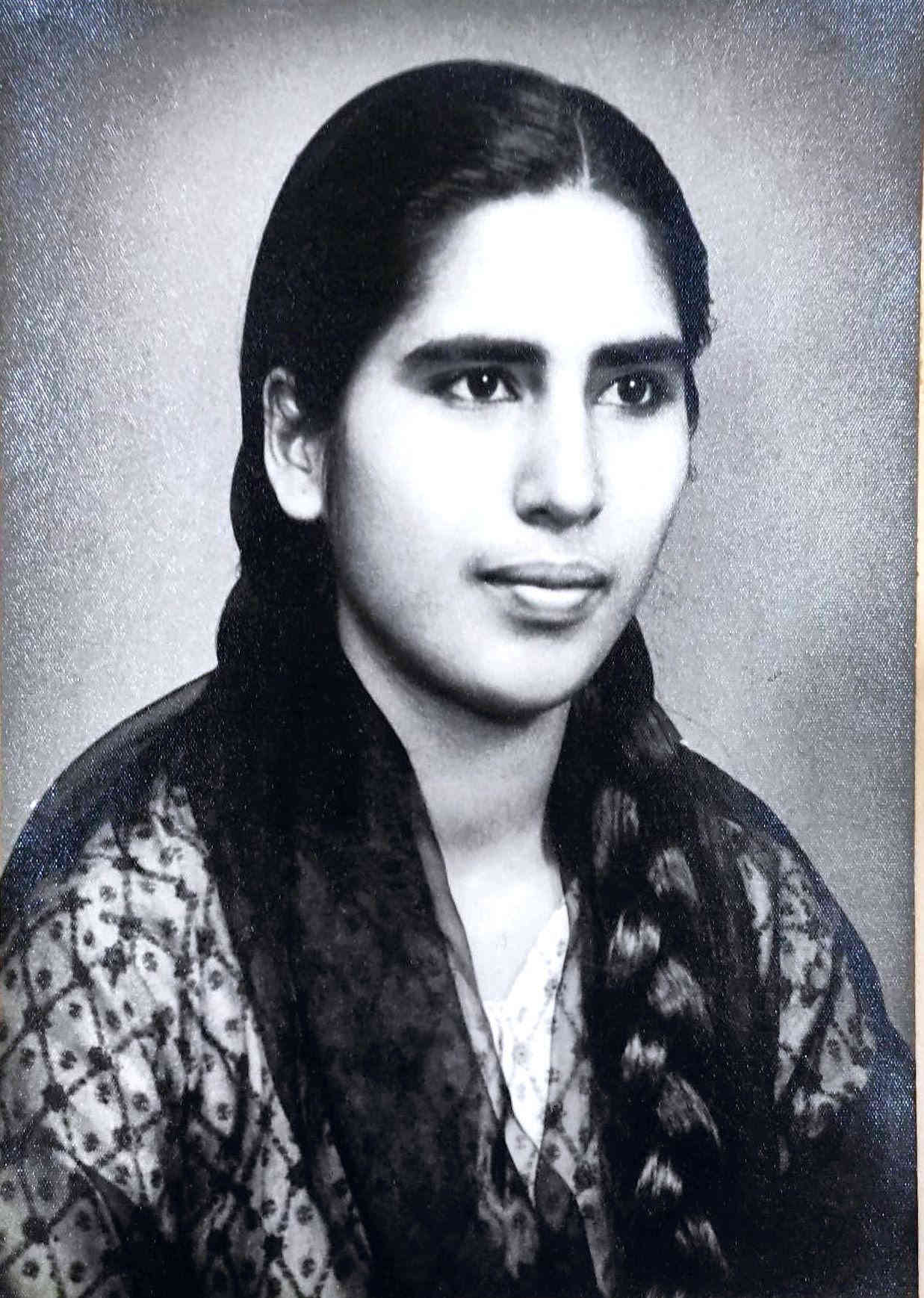
Writing Her Story
Finally, my mother gave in to my persistence, and we set off on an unforgettable journey. Being a writer myself, I had the privilege to be the compiler and editor of her autobiography.
Here’s the process we followed.
She would write her memories in a diary and pass it on to me to compile, edit and plug the missing links. She wrote some parts and narrated some parts, which were transcribed by me. When her memory failed, she reached out to her sibling, cousins, and relatives whose parents had lived in that era, to fill in the blanks. It was a wonderful way for her to bond with her brother and cousins. They would have long calls reminiscing their young days and giggle like children. It was amusing and also heart-warming to see her so happy and talking fondly about her younger days. While this continued, my mother was firm that she wouldn’t write about any bitter episodes she’d had with some relatives and close friends as she didn’t want their children to think negatively about their parents or grandparents.
An autobiographical account of life also gives you a chance to reflect on your choices, learn from them, and also express gratitude towards those who’ve helped you in your life journey. Memoirs emphasize the transience of human life; the matters which appeared grave earlier now seem trivial.
The fun part of this writing journey was that my mother and I could spend a lot of time together – planning, discussing, debating, arguing, and disagreeing.
“I’ve thoroughly enjoyed penning down this autobiography. It was like going back to my childhood and reliving my life all over again. I also tried connecting with some of my ex-colleagues and friends with whom I had lost touch. Thanks to social media, with a few I could,” says mother who started her career in 1958. She worked as a publicity supervisor in the public relations department, Punjab and reached the rank of Joint director.
This autobiography has strengthened bonds, reconnected old associations, and brought out new relations. I chuckle with my mother that suddenly I have so many cousins and uncles.
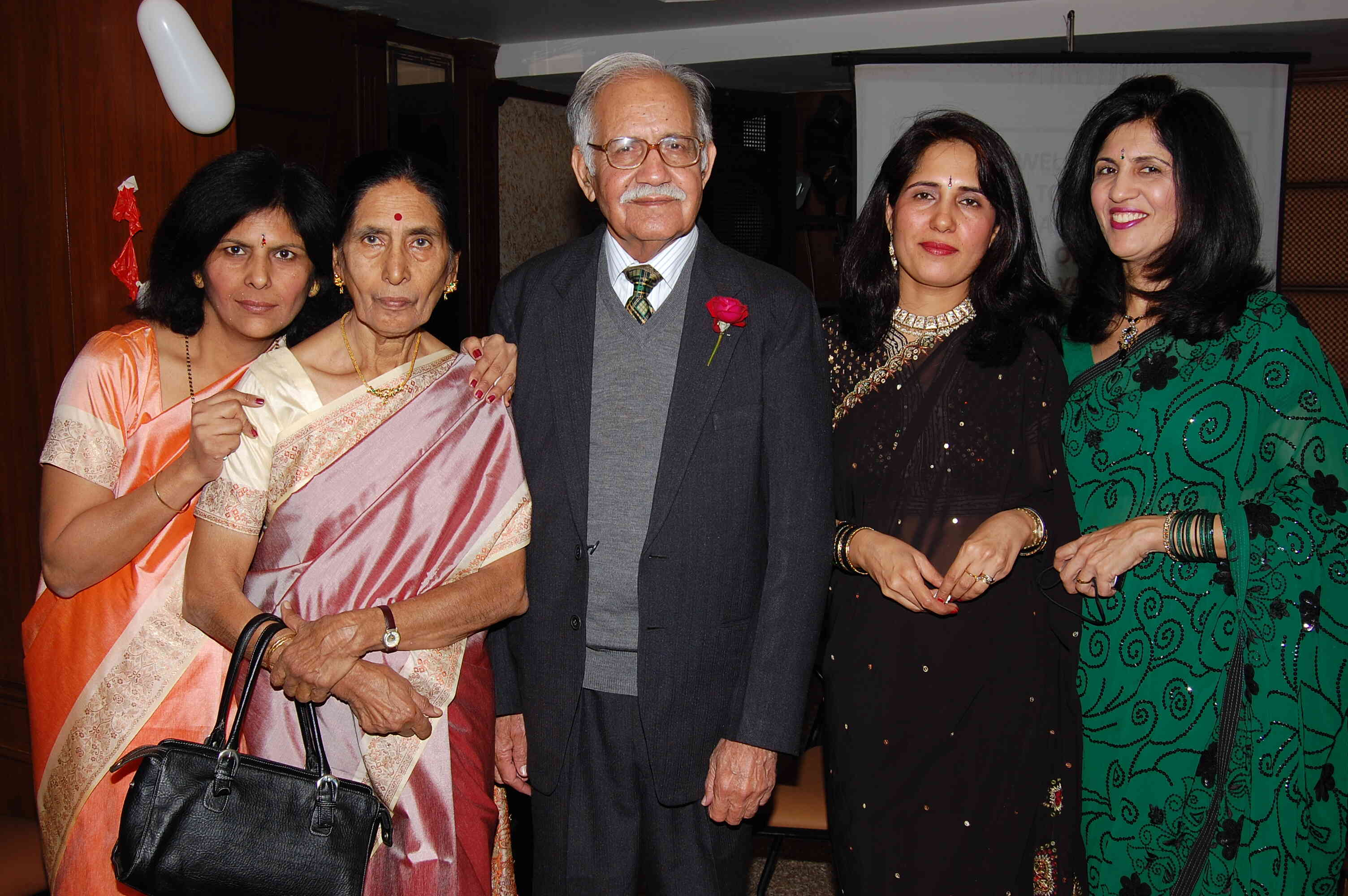
The Starting Trouble
Many older adults wish to write memoirs but they stop themselves from taking the plunge, perhaps intimidated by its enormity. The only way to start is to recollect memories and start writing. Even if one has only a few memories to talk about, start penning them down even if they come in bits and pieces. Just like an onion, as you start peeling off the top layers of your memories, more would emerge, and soon you would have a bag full of interesting episodes worth sharing. Later these can be strung together chronologically. If writing is not your forte or language is the issue, you may use the services of a professional memoirist or even a family member. Through this piece, I would encourage senior citizens to write their memoirs. This is the most precious gift that you can leave for your children and grandchildren who would read it with a sense of pride in their lineage.
The Life I Saw
The Life I Saw by Sharda Gulati , is an autobiography that transcends her life journey from Sargodha, the land of oranges where she spent her early days, through various cities of Punjab and Haryana to Chandigarh, the ‘city beautiful’ where she currently resides. At the age of 12, she migrated to independent India along with her freedom fighter father, mother and younger brother. Way back in the 1950s, she was privileged to do post-graduation, an opportunity denied to many girls even today. For 34 years, she worked in the male-dominated field of Public Relations in Haryana and excelled to reach the position of Joint Director. This autobiography captures the life she saw.
All images courtesy of the author
Have you ever thought of writing your memoir or helped a family member or friend write theirs? Do you think its a beautiful way to revive bonds and share your way of life with future generations to come? Share your thoughts with us below.
Comments

Sujata
27 Jun, 2022
Thank you sir for your kind words. Yes, it brought us closer. I learnt so much more about my mother. Nice to know that your family have migrated from west Pakistan.
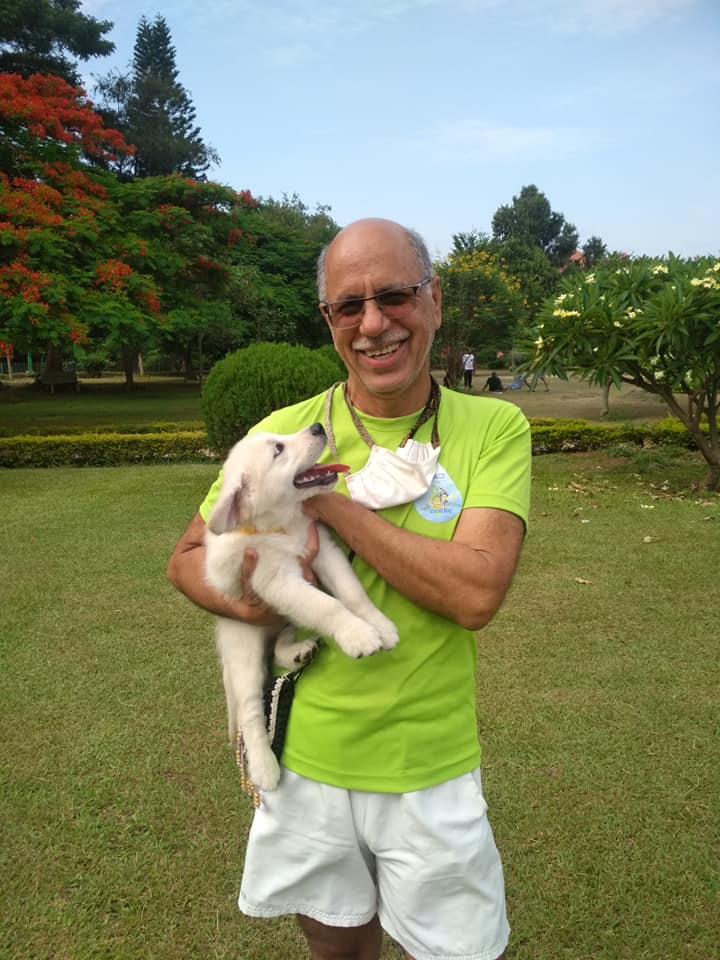
Ashok
24 Jun, 2022
I loved this write up especially for the reason a daughter writing memoirs of her mom which definitely would have brought them closer after knowing so many things about her mom and life in a different timeframe with dislocation of life due to partition. Sujata's writing is simple yet powerful and would read the autobiography penned by her especially as our family also migrated from west Pakistan.
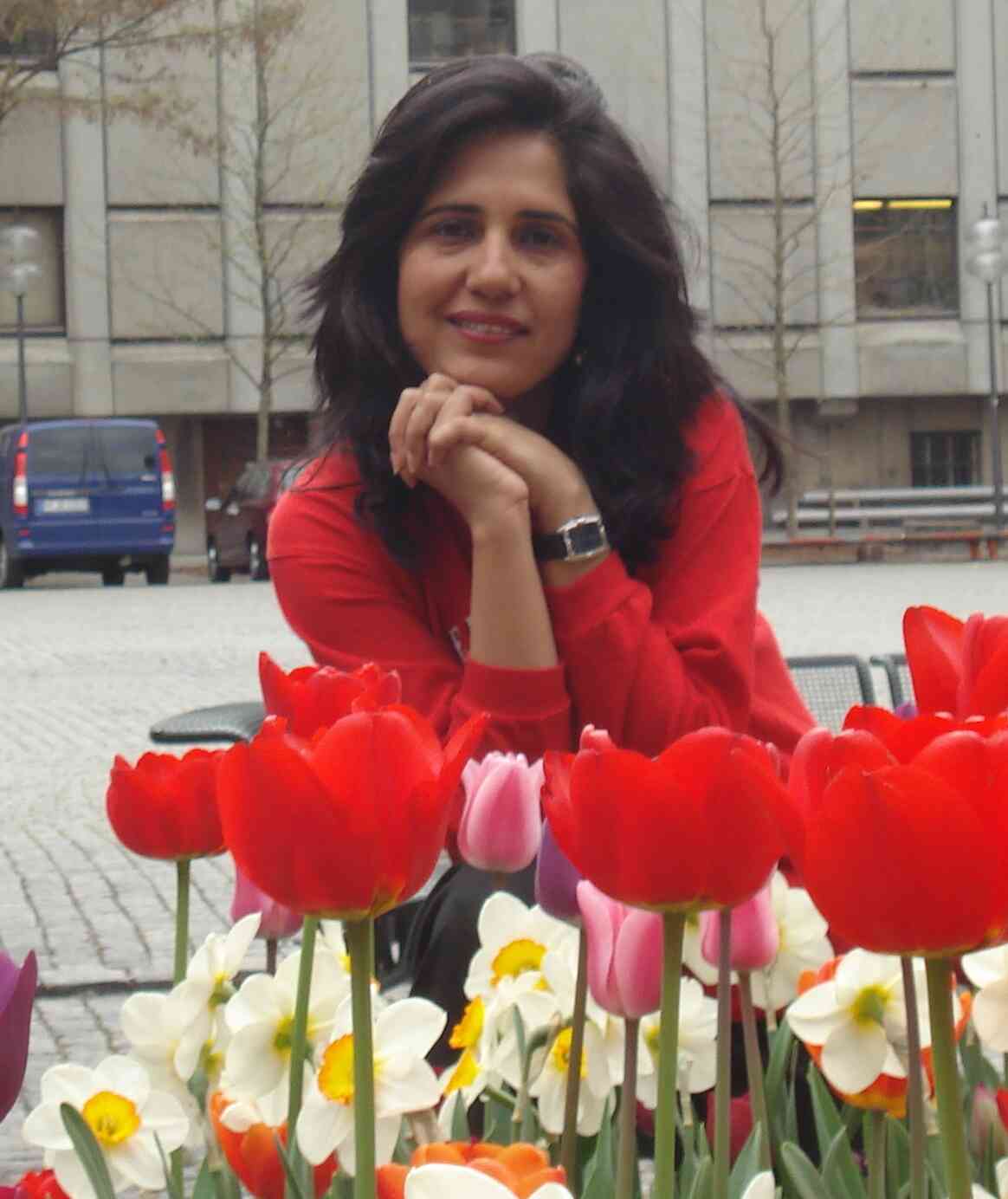
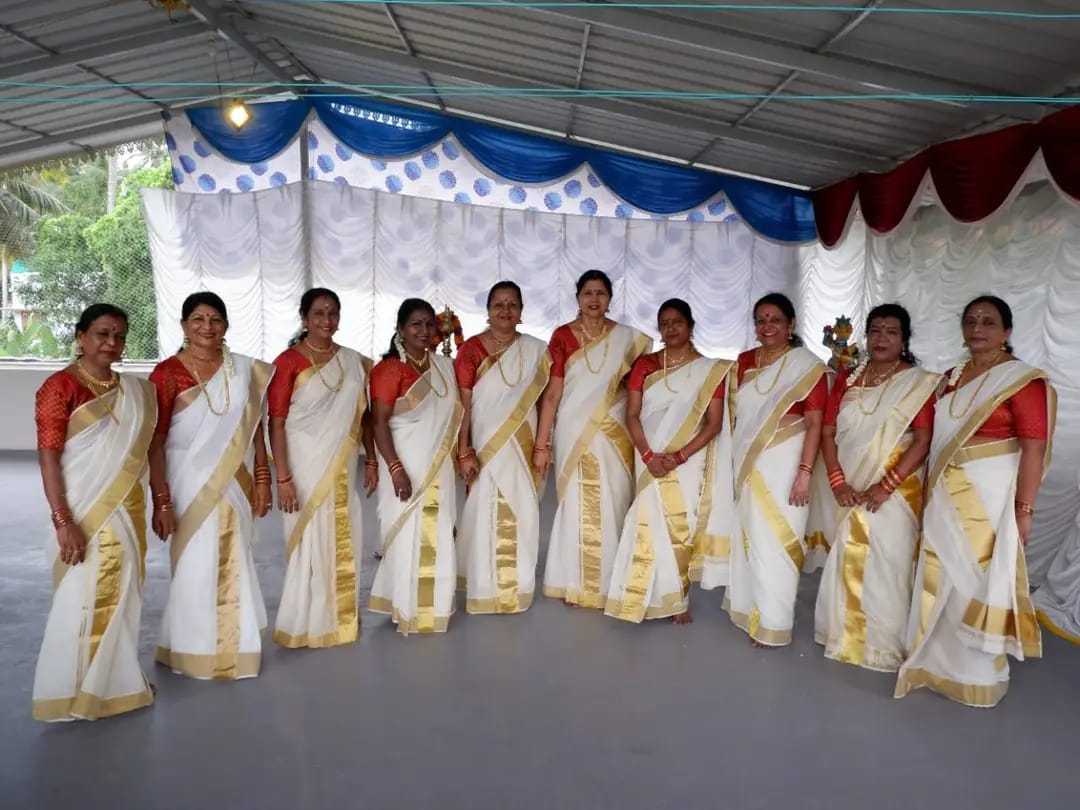


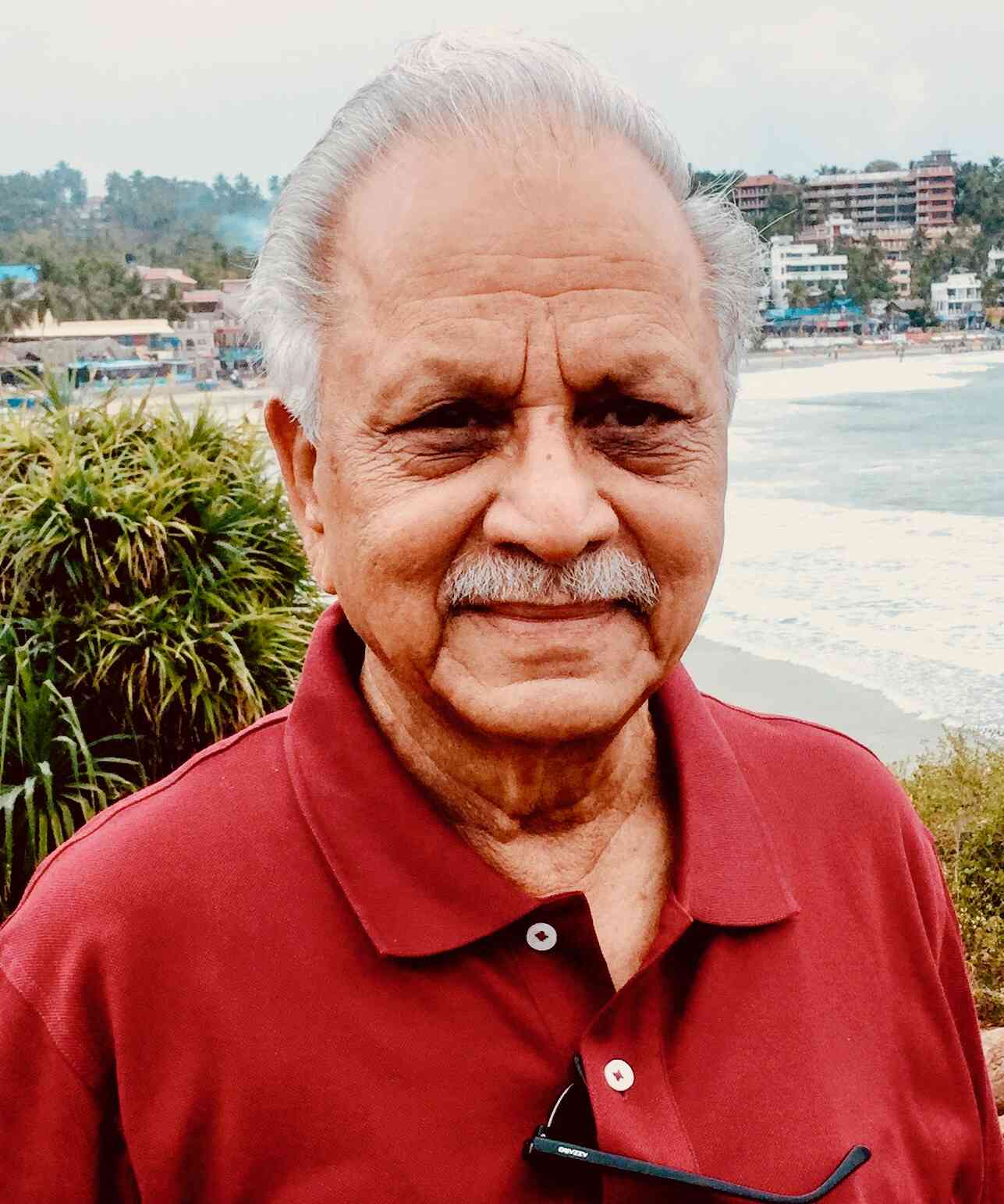

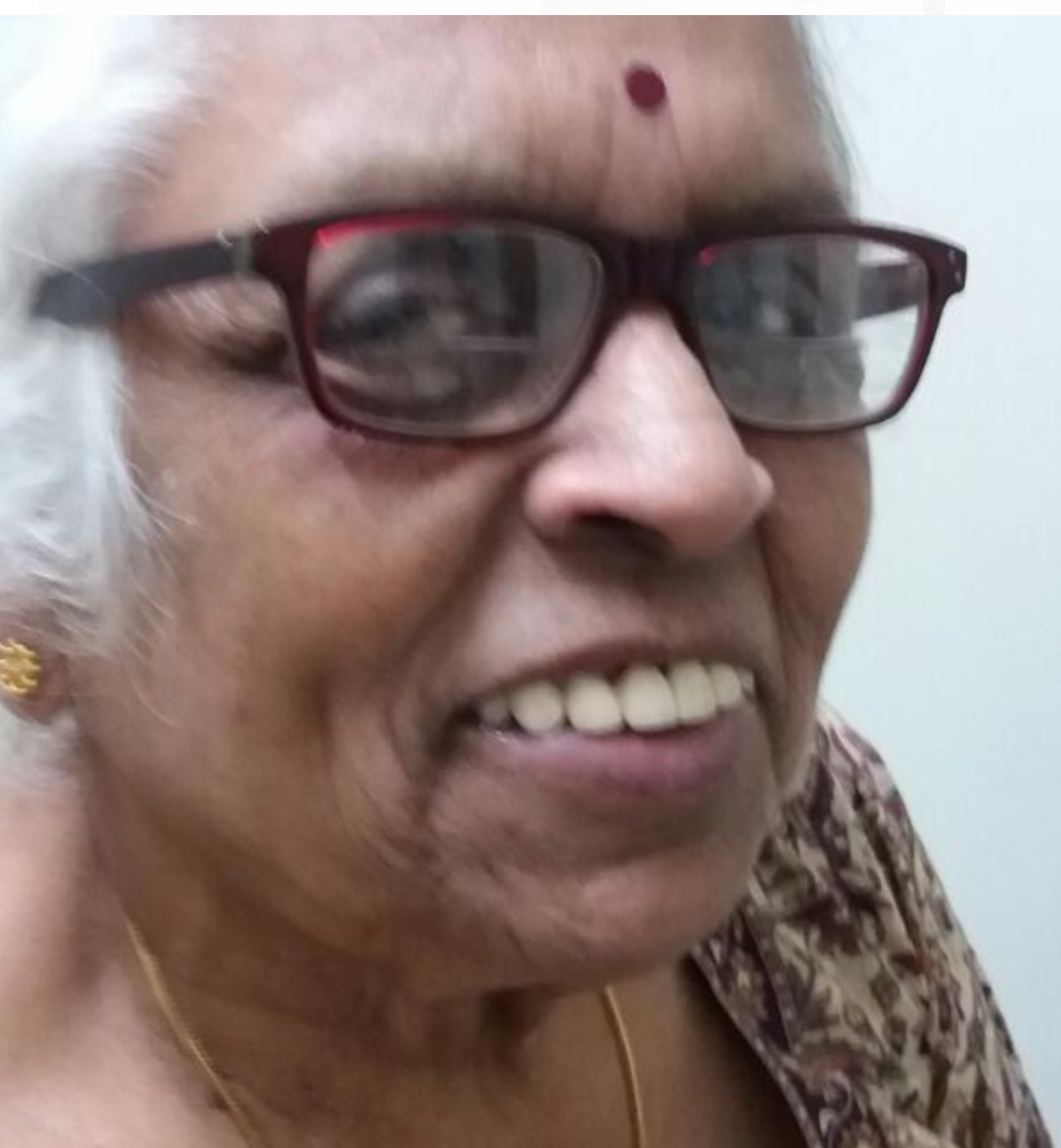
Post a comment